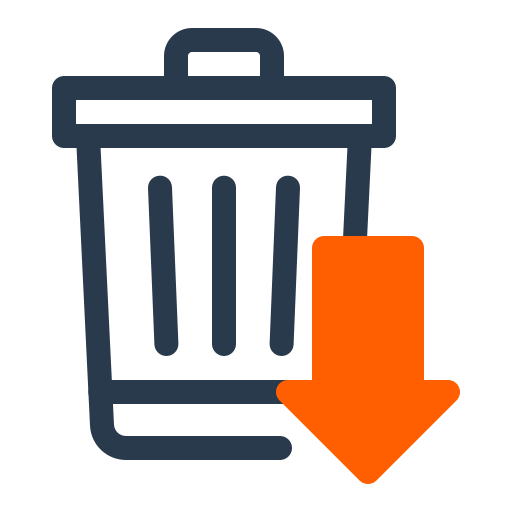
Efficient Collection Systems.
Developing and implementing efficient collection systems is a top priority. This includes promoting source separation at homes and businesses, setting up convenient recycling drop-off points, and ensuring accessible curbside collection services. Effective collection systems are crucial for capturing a high volume of plastic waste for recycling..

Advanced Sorting Technologies.
Investing in and improving sorting technologies is essential for enhancing the efficiency of plastic recycling. Advanced technologies, such as automated optical sorting, artificial intelligence, and robotics, play a key role in accurately identifying and separating different types of plastics. This priority helps ensure that the recycling process is more precise and can handle a diverse range of plastic materials.

Contamination Reduction
Addressing contamination issues is a critical priority. Contamination occurs when non-recyclable materials, such as food residues or other materials, mix with recyclable plastics. This affects the quality of the recycled material and the overall efficiency of the recycling process. Public education, clear labeling, and improved sorting techniques are key strategies for reducing contamination.

Market Development for Recycled Products
Creating a robust market for products made from recycled plastics is crucial for the success of recycling programs. Prioritizing the development and promotion of recycled plastic products encourages manufacturers to use recycled materials in their production processes. This, in turn, creates demand for recycled plastics, completing the recycling loop and contributing to a more sustainable circular economy.